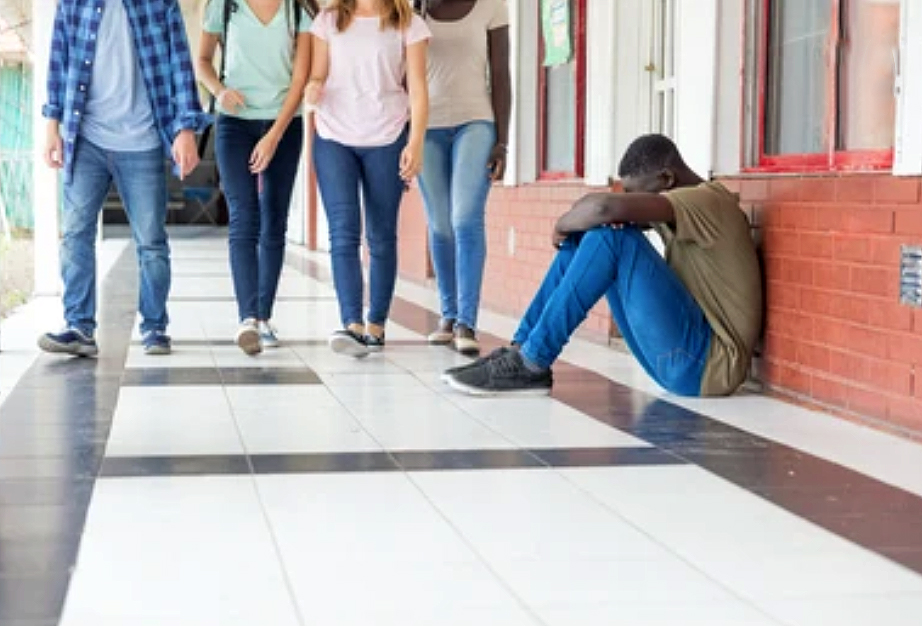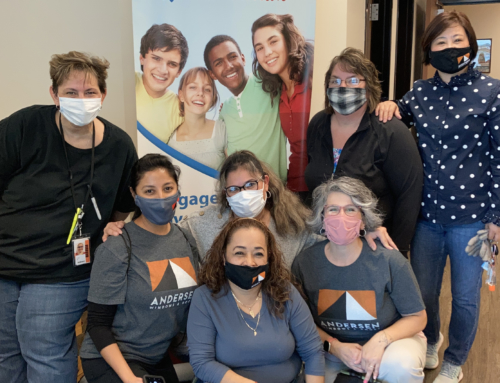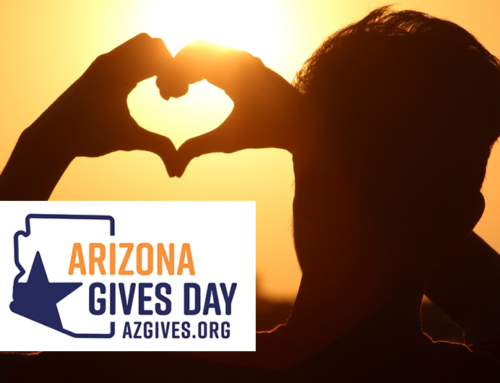Graduating High School as a Teen Experiencing Homelessness
High school graduation is a large milestone for young Americans, and one that opens many doors to various opportunities, like attending college or a trade school, joining the military, or entering the workforce. Nationally, 87% of homeless youth drop out of high school and do not earn their diploma. Without their diploma, these youth face tremendous challenges obtaining gainful employment that pays a living wage and provides access to health insurance and benefits. This barrier to higher pay and benefits can lead many youth experiencing homeless to experience chronic homelessness – regularly lacking a safe, stable, and secured housing situation.
Even students with stable housing may experience difficulty completing their coursework and passing classes. What makes it more difficult for homeless youth to complete their high school education and graduate? Youth experiencing homelessness sleep less than their housed peers, with 33% indicating that they slept fewer than 4 hours each night on average.[1] These youth are also twice as likely to not eat breakfast before attending school. Fatigue and hunger greatly affect the ability to focus, causing many students to struggle in their classes.
In addition to academic rigor, youth experiencing homelessness may struggle to attend school regularly. Transportation to and from school can be difficult for youth experiencing homelessness, especially as some move among friends’ houses or relocate outside of their school district. While the McKinney-Vento Act requires that schools provide transportation to youth experiencing homelessness, this is only for the academic day, and not for before or after school tutoring or activities. Youth experiencing homelessness may not be able to access tutoring or academic support needed to understand classroom material. Without the support they need, these students can fall behind in classes and fail to meet the requirements for graduation. These youth may feel they are unable to get the support necessary to succeed in class. This discouragement can cause students to further fall behind or drop out of school entirely.
Youth experiencing homelessness want to graduate high school, but sometimes financial instability and extreme poverty force these students out of school. Homeless youth may need to work a job in order to support their family or younger siblings in the absence of a parent or guardian (whether ill, imprisoned, or otherwise unable to work). Without money for food, rent, or electricity, some youth experiencing homelessness drop out of school in order to provide financially for their families. When making the decision between surviving or graduating high school, the choice is clear, and many youth feel that they have no other options.
During the pandemic, many of these obstacles were exacerbated. Especially as students with unstable housing began virtual learning, lack of internet access or equipment further complicated goals to complete their studies. In Maricopa County, many schools were fully remote for an entire year, making their public education inaccessible for many youth experiencing homelessness.
In the face of overwhelming and seemingly insurmountable challenges, HYC proudly celebrated more than 50 of our seniors who graduated high school in 2021. HYC is proud of its 90% graduation rate among HYC youth, a drastic difference from the less than 25% of homeless youth nationally who complete their high school education. This journey to high school graduation was not easy for many of our homeless youth, and in the face of extreme adversity, our youth have persevered and overcome the unimaginable. HYC is committed to providing extensive and comprehensive services for youth experiencing homeless so that they can complete their graduation and pursue the future they envision for themselves. Through individualized case management and planning for the future, meeting basic needs, transportation support, and more, HYC empowers youth to earn their diplomas and pursue a future without chronic homelessness.
_____________________
[1] “No Longer Hidden: The Health and Well-Being of Homeless High School Students.” Institute for Children, Poverty & Homelessness. October 31, 2019. https://www.icphusa.org/maps_infographics/no-longer-hidden-infographic/






